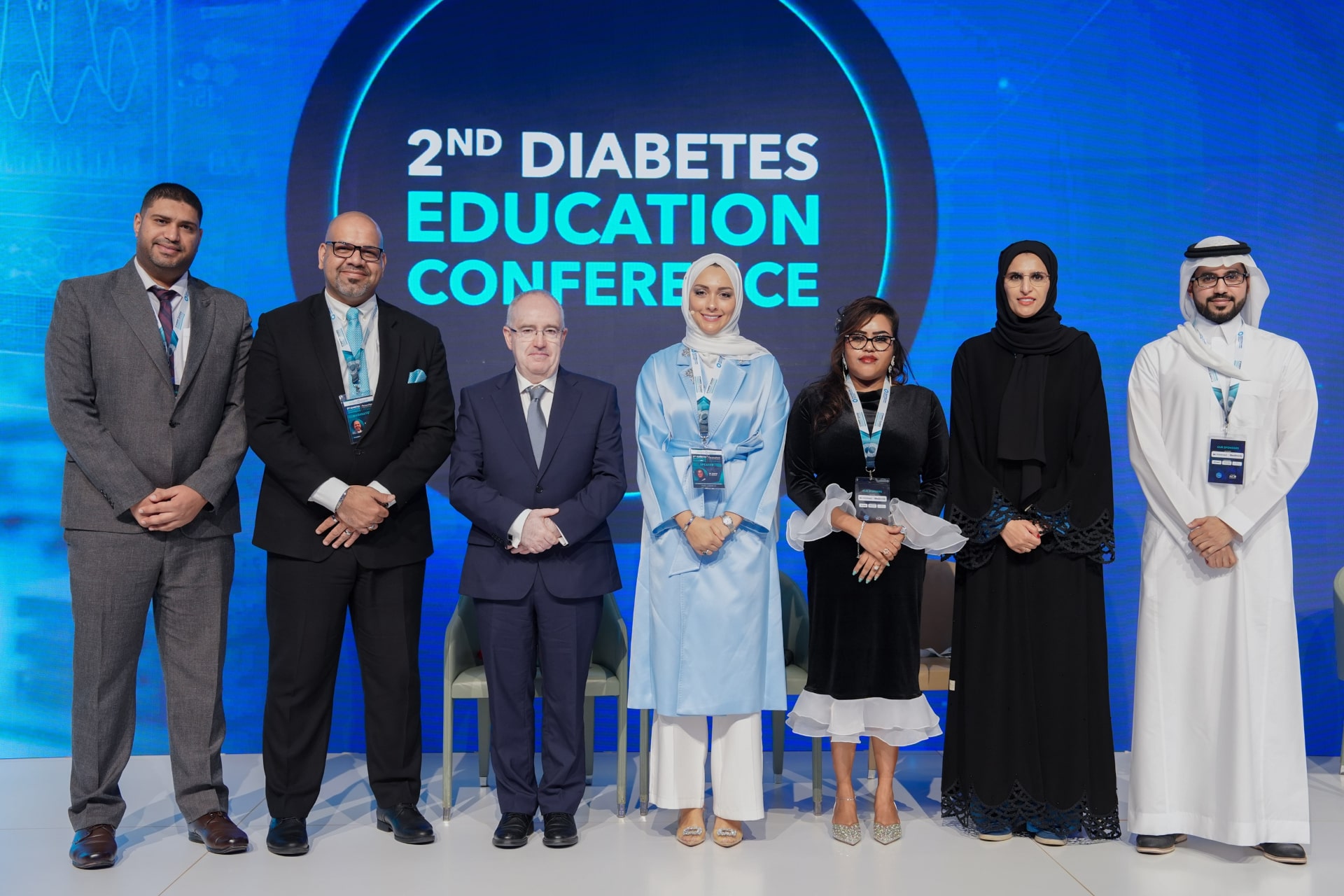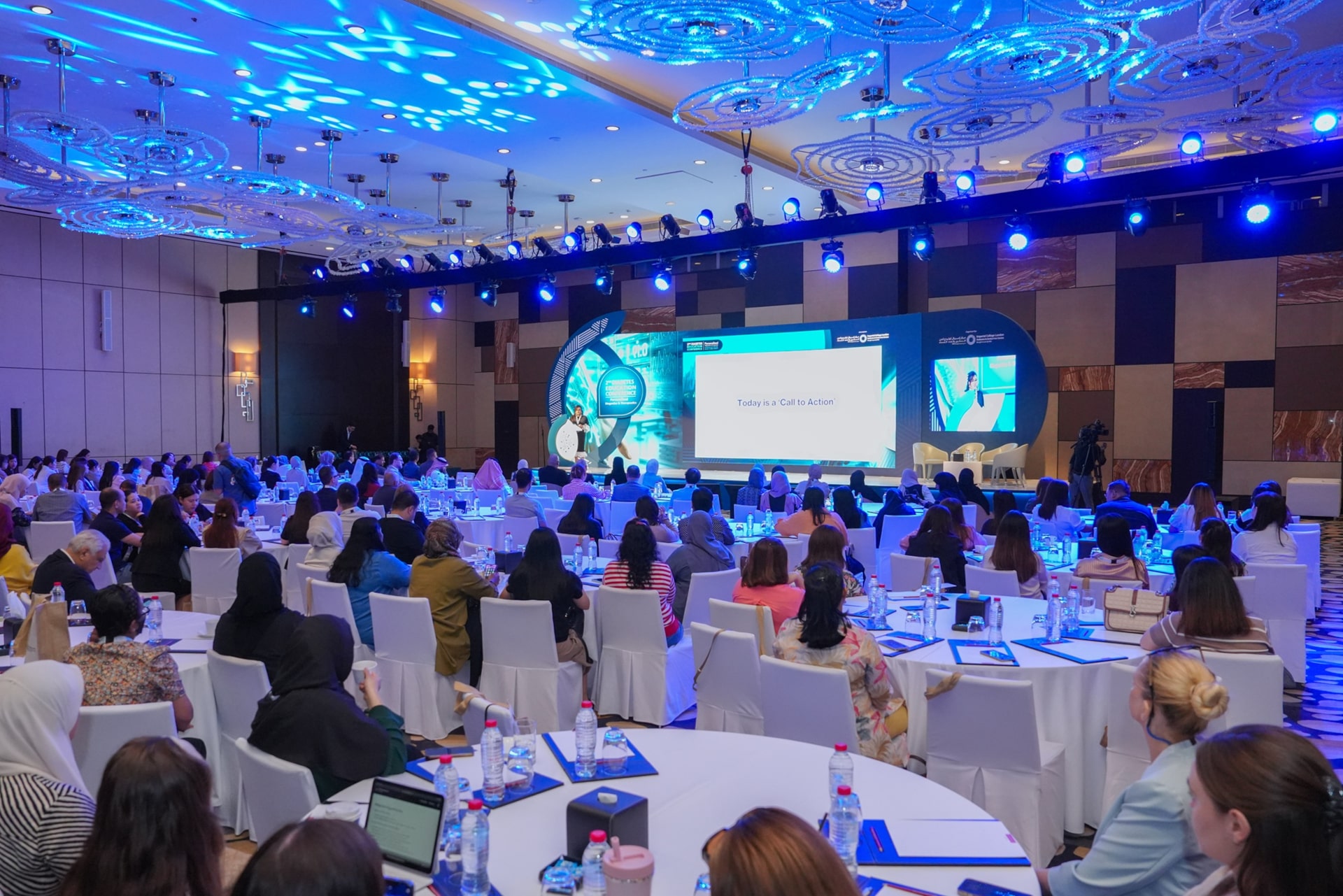Second Diabetes Education Conference in Abu Dhabi Strengthens Frontline Capacity to Tackle Regional Diabetes Challenge

Imperial College London Diabetes & Endocrine Centre (ICLDEC), part of M42’s world-class portfolio of healthcare providers, successfully wrapped up the second Diabetes Education Conference in Abu Dhabi, hosting more than 300 healthcare professionals across nursing, dietetics, pharmacy, diabetes education, and allied health disciplines. Held under the theme “Personalised Diagnostics and Therapeutics: Where Man Meets Machine – What Comes Next?”, the conference explored the intersection of human expertise and technology in advancing diabetes care in the region and beyond.
Building on the momentum of last year’s inaugural conference, which welcomed 180 delegates under the theme “Where Man Meets Machine”, the 2025 edition took place on Saturday, September 6. This year’s event explored the expanding role of artificial intelligence, machine learning, and personalised medicine in transforming diabetes care and empowering healthcare professionals in their mission to enhance patient outcomes and improve lives. Complementing ICLDEC’s November Diabetes Conference, which will be tailored to physicians and researchers, this forum shone a light on the pivotal role allied health professionals play in delivering integrated and continuous care for people living with diabetes.
Dr. Mai Ahmed Al Jaber, CEO of ICLDEC, said: “Through the Diabetes Education Conference, we are reaffirming our commitment to advancing diabetes care across the region by equipping healthcare professionals with the latest advancements in the field and practical skills. The strong turnout this year reflects the urgent need for collaborative approaches in tackling diabetes, and highlights ICLDEC’s role in enabling healthcare teams to deliver better outcomes for patients in the UAE and across the wider Gulf region, ultimately improving the lives of people living with diabetes through education, innovation, and a world-class continuum of integrated care.”
Through a dynamic one-day programme featuring engaging workshops and visionary speakers, the conference fostered enriching learning, skill development, and collaboration. Sessions covered a wide range of pertinent topics, from the latest innovations in insulin pump technology and continuous glucose monitoring (CGM) devices to practical coaching and behavioural change models, diabetes educator career paths, and advancements in dietetics and physical activity. Delegates also explored the growing role of artificial intelligence, machine learning, and data-driven algorithms in diabetes care, alongside tech-enabled solutions designed to overcome barriers in diabetes education.

Dr. Tomader Ali, Conference Chairman and Diabetes Education Manager at ICLDEC, said: “This conference created a unique space where clinical excellence met AI and Algorithm-based intelligent technology, and where personalised care became a reality, offering a deep dive into the future of diabetes care by combining cutting-edge diagnostics, therapeutics, and patient education. The programme is designed specifically to empower diabetes educators, dieticians, nurses pharmacists, and other allied health professionals who are on the frontlines of patient care.”
Participants praised the event’s practical value and collaborative spirit. One delegate, George Robin Thomas, Registered Nurse, Cleveland Clinic Abu Dhabi, commented: “The sessions provided practical strategies that I can apply immediately in my patient care. I am leaving this conference better equipped to support patients with more personalised and effective diabetes management”.
Another participant, Aziza Ahmed Mohamed Ahmed, Diabetes Educator, Burjeel Hospital, noted: “As a diabetes educator, I found the sessions on career development pathways and overcoming barriers in patient education especially valuable. The discussions around AI, data-driven algorithms, and new tech solutions demonstrated how we can better engage patients and personalise their care journeys. This conference helped strengthen my ability to better support people living with diabetes.”
The conference came at a critical time, underscoring the urgent need for multidisciplinary collaboration and continuous professional development to address this growing public health challenge.